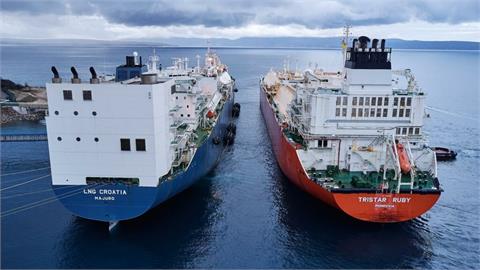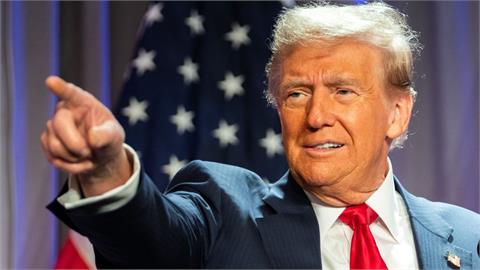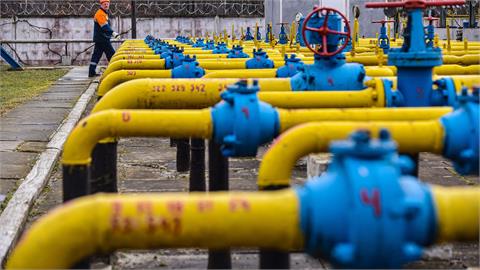The EU on Thursday announced an energy support package of €1 billion ($975 million) to help the Western Balkans deal with the spiraling energy crisis in Europe.
'The EU continues to stand behind the Western Balkans -- both in good times and in hardship,' said European Commission President Ursula von der Leyen said a Berlin summit being held to speed up the region's integration with the EU.
'Today we are putting together a €1 billion energy support package to protect the most vulnerable groups and boost much-needed investments in energy diversification. We are investing in the economic fabric of the region to advance in the clean energy transition and come out greener, stronger, and more sustainable from the current crisis,' said Von der Leyen.
To help address the immediate effects of the current energy crisis and build resilience in the short and medium term, the commission is ready to provide budget support of €500 million in a measure to be adopted in December and implemented in January.
The EU aims to support households and small- and medium-sized enterprises to cushion energy price hikes and their impact.
Over the short and medium term, the commission plans to provide another €500 million to boost energy diversification, renewable energy generation, and gas and electricity interconnections through the Western Balkans Investment Framework, an EU initiative.
'Short-term measures in the next 1-2 years will support diversification of energy supplies, by boosting gas and electricity interconnectors including LNG (liquefied natural gas) as well as by supporting the construction of renewable energy projects and the energy efficiency measures,' said the statement.
'The medium-term assistance in the next 2-3 years will include other investments contributing to the energy transition and security. These measures will cover large-scale renewable energy generation projects, upgrade of energy transmission systems, district heating, and schemes for energy efficiency for the old blocks-of-flats,' it added.
EU foreign policy chief Josep Borrell, also attending the summit, said the EU stands with the Western Balkans in addressing the wider consequences of Russia's war against Ukraine and its weaponization of energy.
'The key words for the months to come are resilience, stability, and reconciliation,' said Borrell.
Western Balkan countries signed three agreements on Thursday to enable free movement and closer regional cooperation among them during the summit hosted by German Chancellor Olaf Scholz.
'Today, more than ever, regional cooperation, enhancing stability, and advancing on reconciliation remains key in facing these challenges. Progress on implementing the common regional market in all its dimensions is crucial for bringing the region closer to the EU,' said Borrell.
'The EU and the Western Balkans will continue to build a community of resilience based on shared principles, to reduce the exposure of our countries to threats against peace and security,' he added.
The leaders of Albania, Bosnia and Herzegovina, Kosovo, Montenegro, North Macedonia, and Serbia signed the agreements during the conference in Berlin.
The agreements will enable citizens of these countries to cross borders between them using only ID cards, with the countries also recognizing each other's university qualifications and the professional qualifications of doctors, dentists, and architects.
Serbia, Albania, and North Macedonia signed very similar agreements in September to boost relations as part of the Open Balkan Initiative Summit.
Also, the former Yugoslavian countries already have an agreement that enables their nationals to travel across each other's borders using only ID cards, except for EU members Croatia and Slovenia.
(Anadolu Agency, November 4, 2022)



